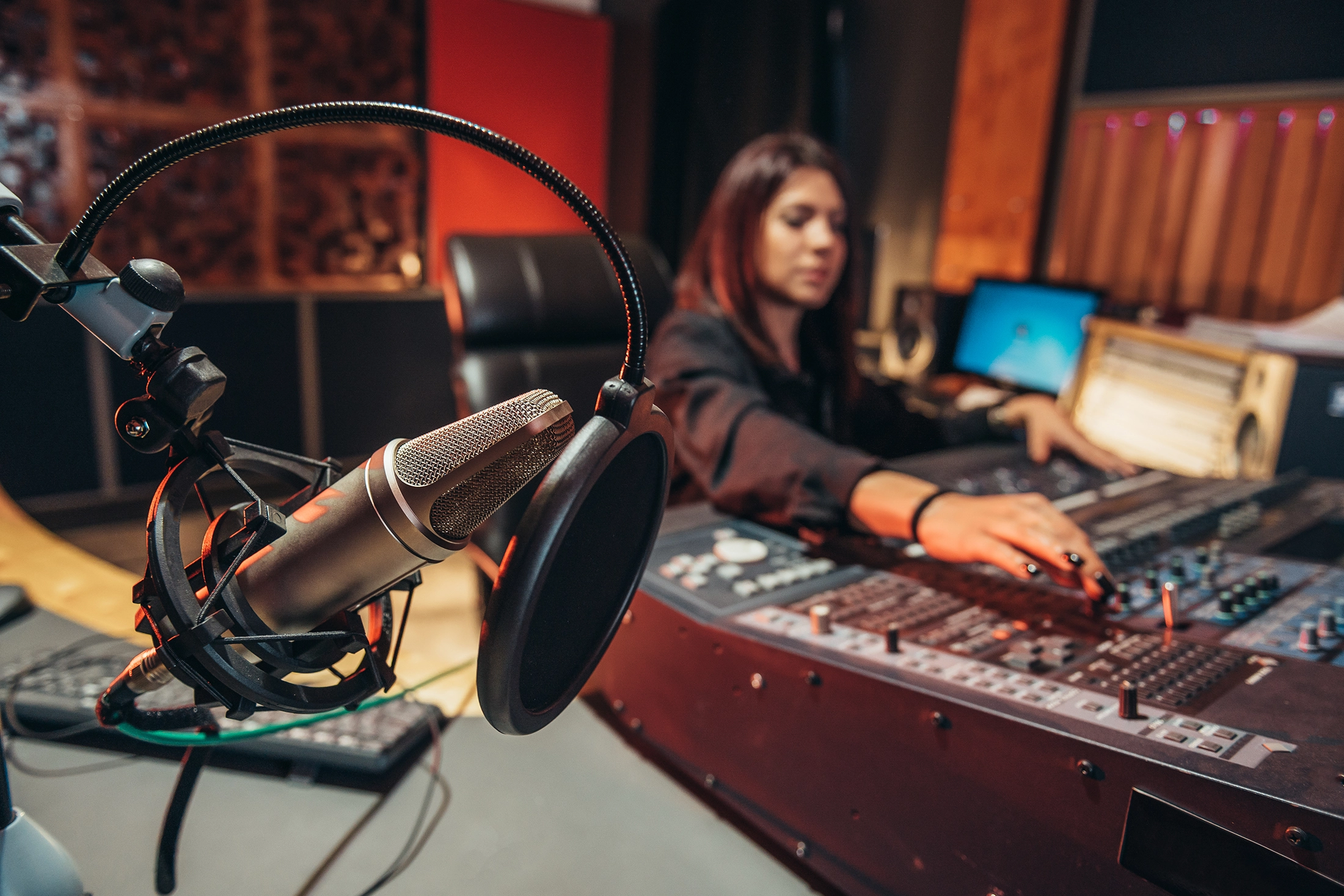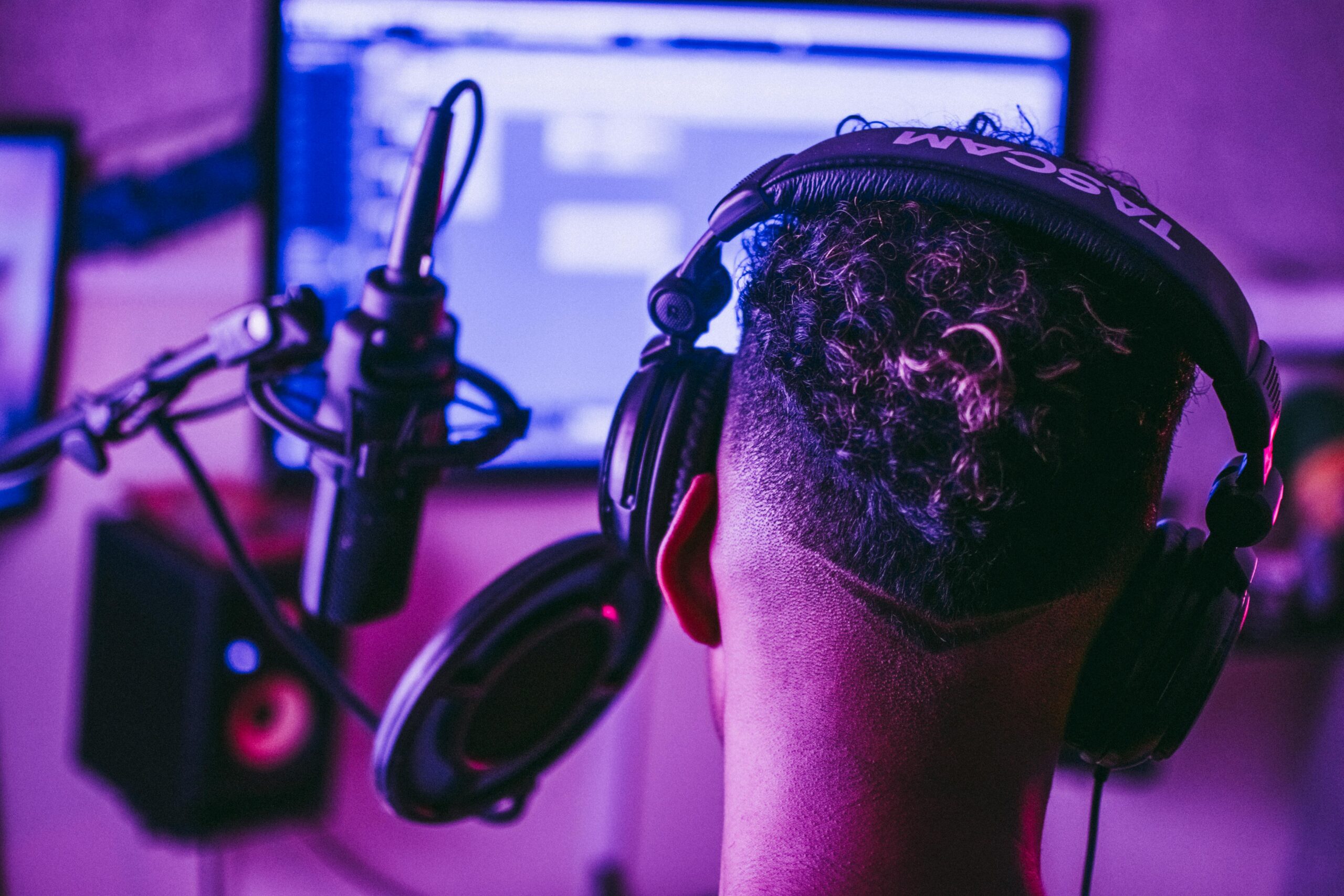
CERTIFICATIONS
The Certifications You Can Earn at an Audio Recording School
Audio recording schools arn't just about creative projects and hands-on training — it’s also your chance to earn certifications that matter in the real world.
AUDIO RECORDING SCHOOLS OFFER A benefit that often gets overlooked: INDUSTRY certifications.
These aren’t just pieces of paper. Industry certifications prove that you know how to use the tools and software that studios, venues, post houses, and clients depend on every day. And in a competitive industry, that proof can give you a serious edge.
What Are Audio Certifications, Exactly?
Audio certifications are credentials that show you’ve been trained and tested in using specific tools, technologies, or workflows that are standard in the industry.
Unlike a college degree, these are practical, job-ready certs that employers recognize and trust. Some are tied to software, others to hardware or systems, and most are offered by the companies who created the tools in the first place.
They show that you’re not just familiar with a program — you’re qualified to use it in a professional setting.
Common Certifications Offered at Audio Recording Schools
Most audio recording schools offer training and certification opportunities in several core areas. Here is information about the most common ones:
Avid Pro Tools Certification
Why it matters: Pro Tools is the industry standard for music production, post-production, and professional studios worldwide.
Levels:
- Pro Tools User
- Pro Tools Operator (Music or Post)
- Pro Tools Expert (for advanced roles)
What it shows: That you can record, edit, mix, and deliver professional sessions using Pro Tools with confidence.
Apple Logic Pro Certification
Why it matters: Logic Pro is widely used in music production, especially among independent creators and in electronic/pop music scenes.
Certs may include:
- Apple Certified Logic Pro X
What it shows: That you can navigate Logic, use MIDI and virtual instruments, mix tracks, and optimize your production workflow.
Ableton Live Certification
Why it matters: Ableton is huge in live performance, electronic music, DJing, and beat production.
What it shows: That you can use Ableton’s unique Session and Arrangement views, trigger clips, control MIDI instruments, and produce or perform live with confidence.
Some schools offer training through Ableton Certified Trainers even if an official certification isn't included.
Wwise Certification (for Game Audio)
Why it matters: Wwise is the go-to middleware for implementing sound into games.
Levels:
- Wwise 101 Certification
- Advanced Integrator Certifications
What it shows: That you understand interactive audio systems and can work with game engines like Unity or Unreal.
Waves Audio Certification
Why it matters: Waves plugins are found in nearly every modern studio — from EQs to compressors to mastering chains.
What it shows: That you understand how to use Waves tools professionally in music and post-production environments.
Some programs offer special training or bundles through Waves Education Partnerships.
Additional Certifications You Might Encounter
Depending on your school, you may also have the chance to earn or train in:
- Dante Certification (for live sound networking)
- Smaart Certification (for room tuning/live sound analysis)
- Shure Wireless Systems Training
- RedNet (Focusrite networking systems)
- Broadcast audio standards and workflows
- Podcast production workflows and delivery
These are especially helpful if you're planning to work in live sound, broadcasting, or systems installation.
Why Certifications Are a Big Deal
Here’s the truth: your creativity and skills matter most. But certifications help you get in the door faster.
They tell employers:
- “I already know how to use your tools.”
- “You won’t have to teach me from scratch.”
- “I’m serious about my career.”
For freelance audio pros, they can also help you stand out when pitching clients or applying for gigs. And when paired with a strong portfolio, they help prove that you’re not just guessing — you’ve got real, professional training.
Do Certifications Guarantee a Job?
No — but they definitely help.
Certifications won’t land you your dream job on their own, but they:
- Show your commitment and reliability
- Make you more competitive against other applicants
- Help you meet requirements in job listings
- Open doors to internships, assistant roles, and freelance gigs
- Help you grow into higher-paying positions faster
Think of them as one more advantage in a competitive industry.
How Audio Schools Help You Prepare
At most audio recording schools, certification prep is built into the curriculum. That means:
- You’re learning directly on industry-standard software
- Your instructors are certified and experienced
- You’ll take official practice tests or hands-on exams
- Your certification costs may be included in tuition
And best of all — you’ll actually be using the tools on real projects, not just watching videos or reading manuals.
Why This Matters to You
Certifications aren’t about passing tests — they’re about proving you can show up, hit record, and get the job done.
If you’re serious about turning your passion for audio into a career, certifications give you the credentials and confidence to back it up. And an audio recording school can help you earn them while building the creative and technical skills that really matter.

STILL NOT SURE WHERE TO START?
Answer a few questions and find a program that fits your goals.
